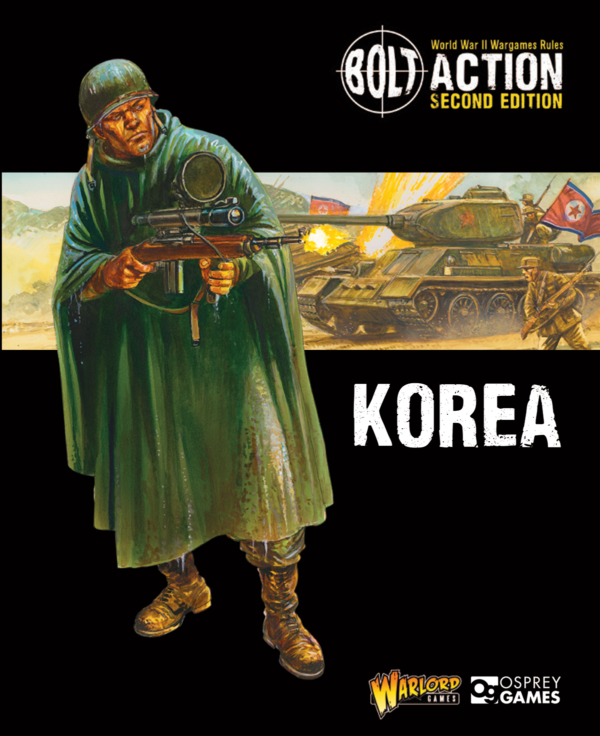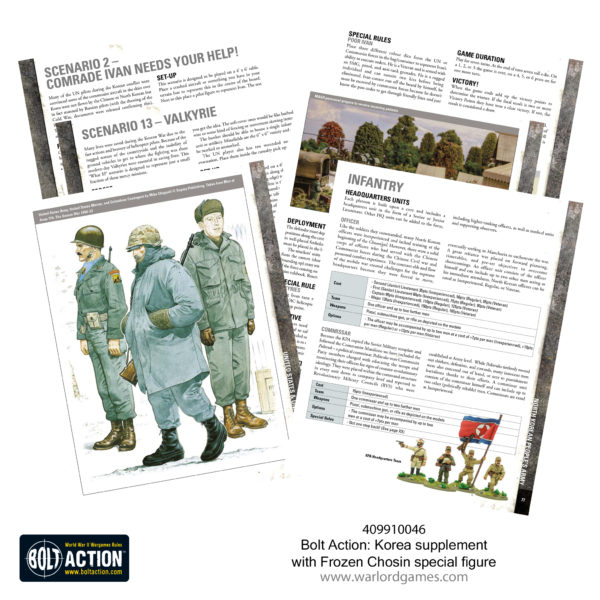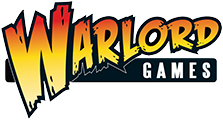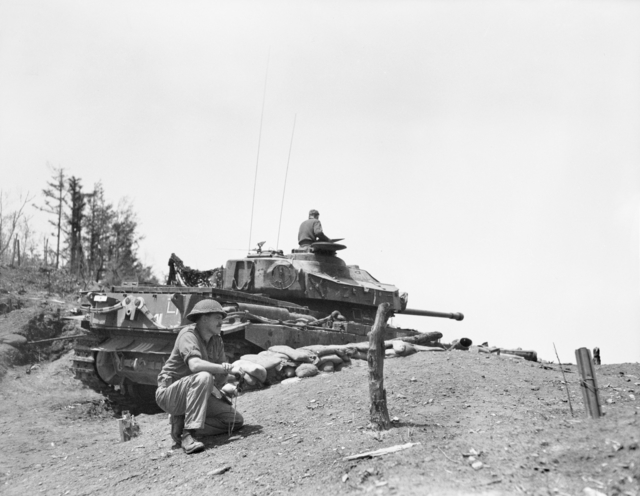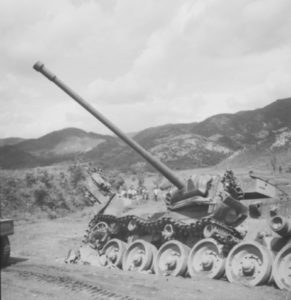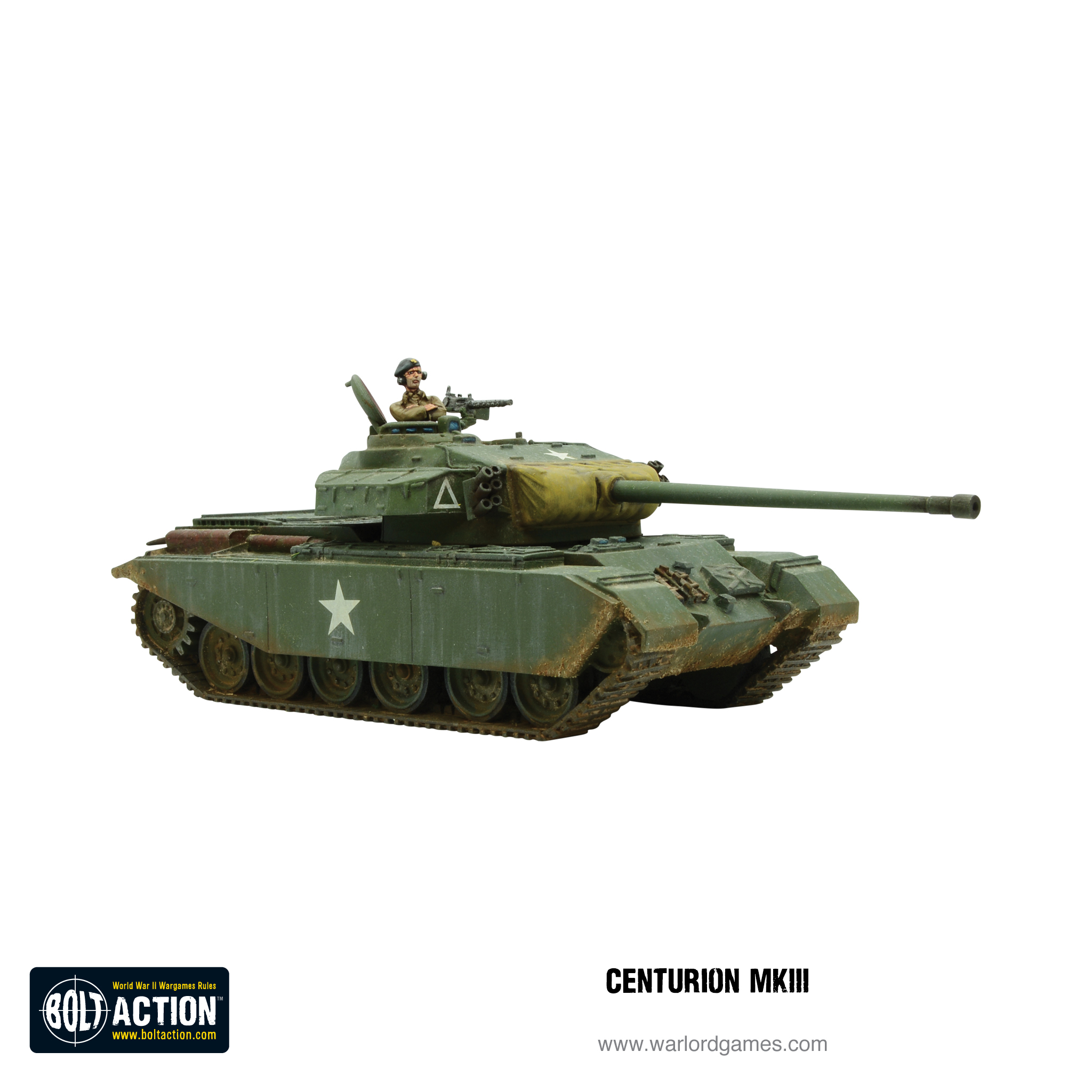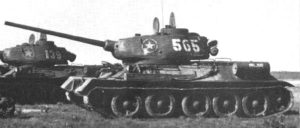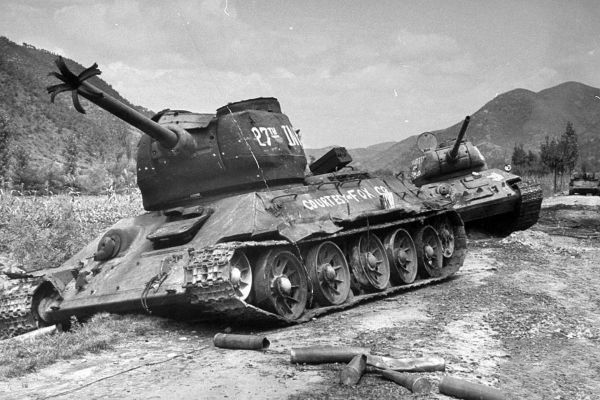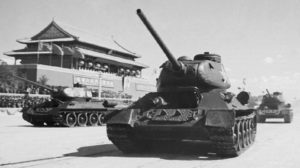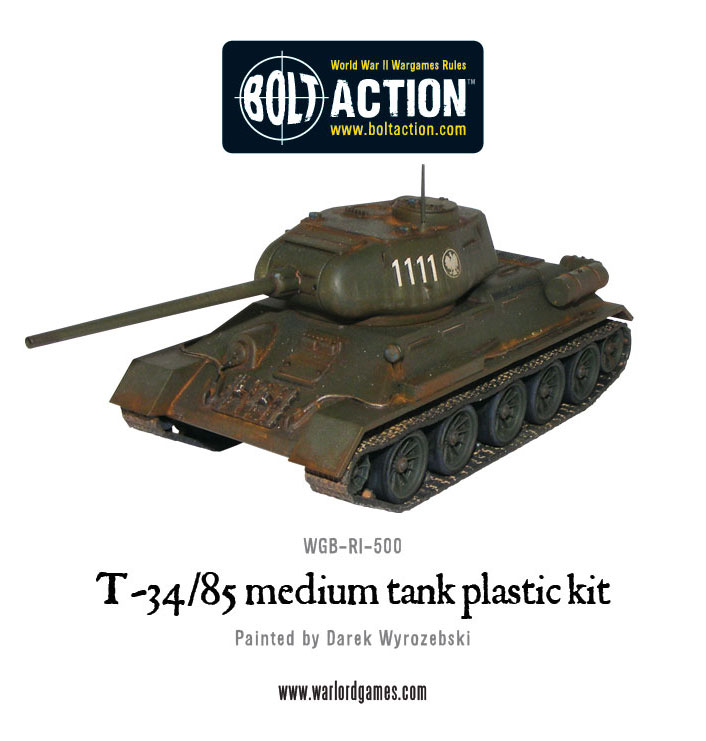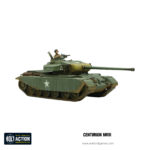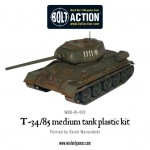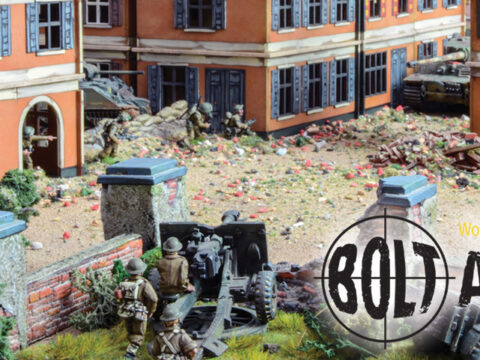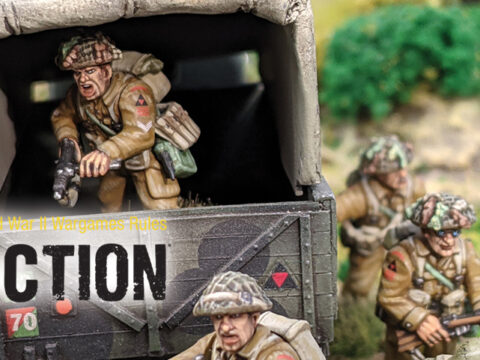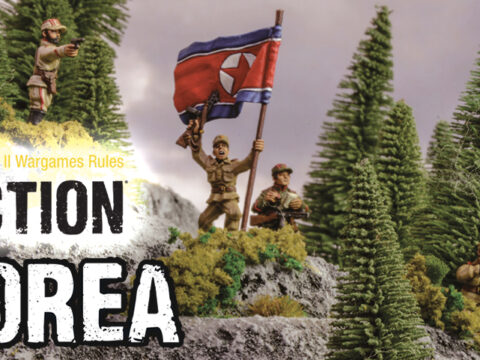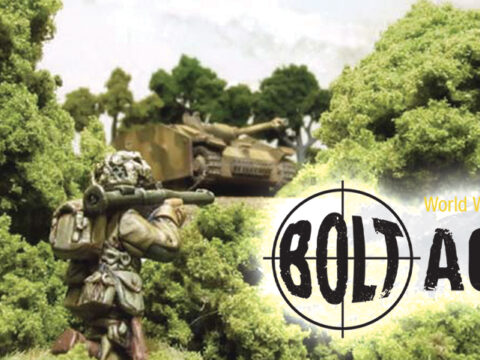Though the Soviet-made T-34/85 tank dominated the early days of the Korean War, it soon met stiff competition with the entry of Commonwealth armour…
Centurion Battle Tank
MK.III
The Centurion tank began as a Cruiser type in 1943 but the design of the sloped armour elevated it to an infantry style tank. Further developments in technology; an upgraded powerplant, an upgraded main gun, and an added stabilizer all increased its performance until the MK III quickly became the main battle tank of the United Kingdom. In November 1950 the first Centurions of the 8th King’s Royal Irish Hussars, three Squadrons in total, arrived at the port of Pusan. They would later earn a place in history at the Battle of the Imjin River.
The MK. III, introduced in 1948, featured a brand new gun, the Ordnance QF 20 pounder (84 mm/3.3 in). This was a far more accurate weapon, due to a newly-developed fully automatic stabilization system. The gunner was now able to fire on the move. The rounds themselves were heavier and able to penetrate the front armour of the T34/85. The second modification was the replacement of the Polsten 20 mm (0.79 in) with a much lighter standard 7.62 mm (0.3 in) Besa machine-gun. The Mk. III served in Korea extensively and proved somewhat more effective than the 90 mm (3.54 in) armed M26 Pershing and M46 Patton on the battlefield. They certainly proved vastly superior to the Chinese and KPA T-34/85s.
Battle of the Imjin River
The Chinese started their Spring Offensive on 22 April 1951 with forces crossing the Imjin River with the purpose of recapturing the South Korean capital of Seoul. British forces took the brunt of these attacks and were able to hold them back for a time but due to the constant firing their guns began to seize up. British forces withdrew to Hill 235 (now called Gloster Hill in their honour) and became surrounded by the Chinese forces. Relief troops could not break through the tight ring of the Communist troops, so the British forces were told to hold out for 24 more hours. After this time the British forces attempted to break out, but only 39 men escaped, the rest being taken prisoner. Their sacrifice allowed UN forces to build up better defences north of Seoul in hopes of slowing and eventually stopping the Chinese forces.
It was at the Battle of the Imjin River in April 1951 that the Centurions of the 8th Hussars won lasting fame. Their tanks covered the withdrawal of the 29th Brigade in heroic fashion in the face of the overwhelming Chinese Spring Offensive.
T-34/85 Medium Tank
KPA
The KPA benefited from the Soviets having the largest number of tanks in the world after WWII – 23,106 all told, more than all the other combatant nations combined.
The tank of choice of the KPA, and the one encountered the most, was the venerable T-34/85. It was created by mating an 85mm gun turret developed for the T-44 and KV-85 onto a T-34 hull with a widened turret ring. The T-34/85 was the ultimate version of the T-34 tank. The larger turret was big enough to accommodate a third crewman, so the commander no longer had to also act as the tank’s gunner, greatly improving combat effectiveness.
The T-34/85 enjoyed early success in the war when a full brigade including 120 T-34/85s spearheaded the invasion of South Korea on June 1950. The South Koreans had no tanks of their own, and the US M24 Chaffee Light tanks were ill-suited to best the T-34/85s. Therefore, during the early months of the Korean War, the T-34/85 was the king of the battlefield. This lasted until effective US tanks arrived in the forms of the M-26 Pershing and the M4 Sherman ‘Easy Eight’.
PVA
The Chinese People’s Volunteer Army also made use of the T-34/85. However, due to combat attrition and the nature of the Korean landscape the tank had limited deployment and was not fully utilized in a combined arms approach to warfare. The lack of logistics to keep the tanks running, fuelled and stocked with ammunition kept China from using the T-34/85 to the fullest capability.
More tank engagements occurred when more T-34/85 tanks appeared in February 1951 as China entered the conflict. Because these tanks were dispersed with the infantry, tank to tank battles with UN forces were uncommon. A survey after the war concluded that there were 119 tank vs. tank actions involving U.S. Army and Marine units during the Korean War. From these, at least 97 T-34-85 tanks were knocked out and another 18 probable. The T-34/85 proved a roughly even match up for the American M4 ‘Easy 8’. It was, however, heavily outmatched by US M26s and M46s and certainly by the Commonwealth Centurion Mk.IIIs.
In Bolt Action
Vital Statistics
The Centurion is vastly superior to the T-34/85 in both firepower and armour. However, you’ll potentially be able to field twice as many T-34/85s for the price of a veteran Centurion. There is sometimes something to be said about quantity over quality.
Get Started with Bolt Action Korea
Your starting point for re-enacting the ferocious battles of the Korean war is the Bolt Action: Korea book. It is absolutely crammed with history, army lists and scenarios.
Inside the book, you’ll find a comprehensive history of the conflict with details of every major battle fought between the two sides. It also includes details of the various forces and their organisation, commanders, and equipment. Scenarios are provided for many of the battles, along with comprehensive force selectors to help you assemble your force.
